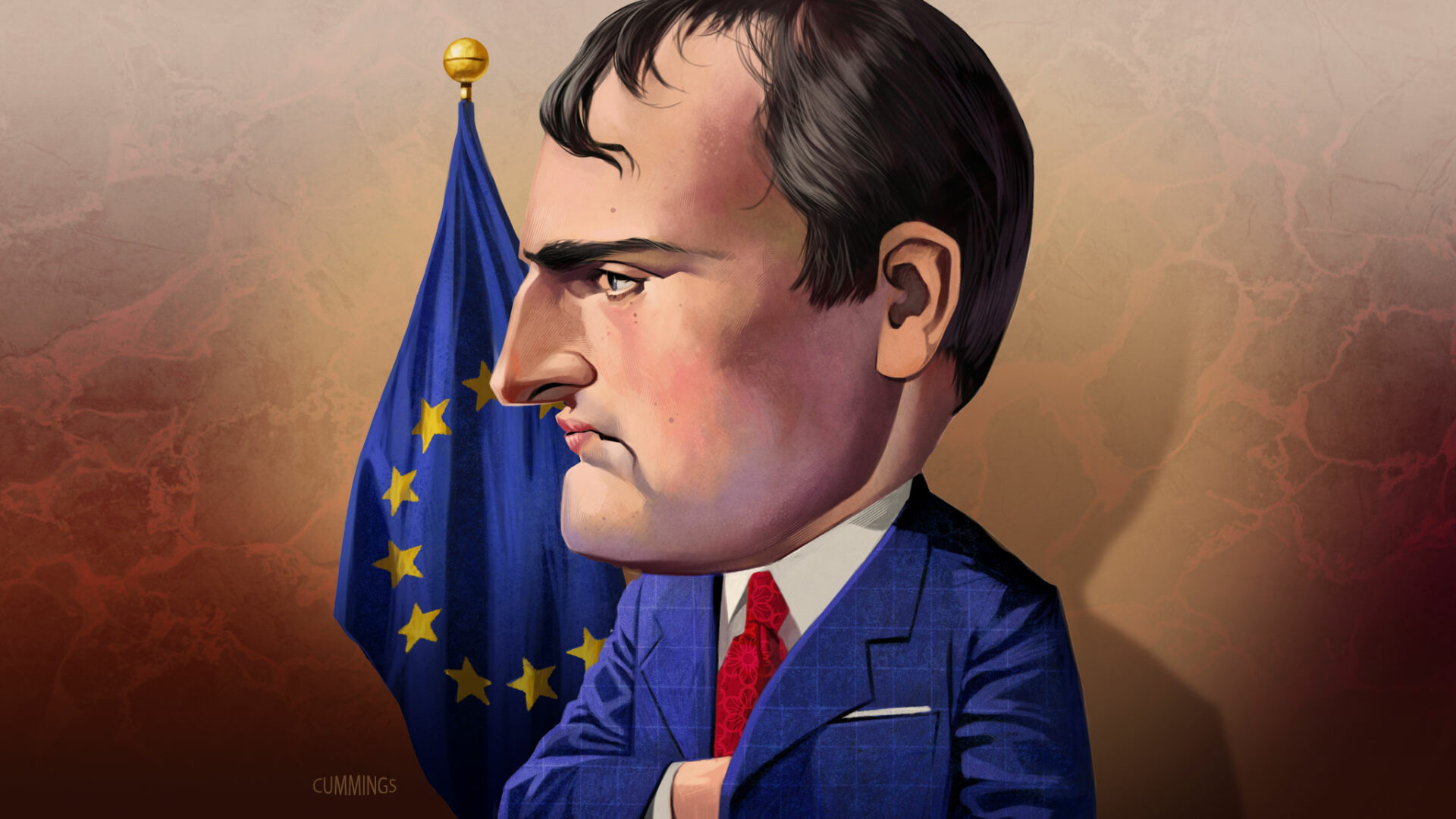Political aims also governed the economic program of an emperor determined to promote national unity. French peasants wanted to be left alone to enjoy the new freedom acquired in 1789. Napoleon did little to disrupt them, except to raise army recruits.
He continued the hard money policy of the Directory and, unlike the Directory, balanced the budget, thanks in part to the plunder that he gained in war. He greatly improved the efficiency and honesty of tax collectors and established the semiofficial Bank of France (1800) to act as the government’s financial agent. He strengthened the curbs placed on strikes and labor unions and obliged every worker to carry a livret (booklet), in effect an identity card recording the worker’s jobs and general reputation.
Though seaports suffered from the decline of overseas trade, rich war contracts and subsidies kept employment and profits generally high. As the war went on and on, however, Napoleon found it increasingly difficult to keep the peasantry and the bourgeoisie contented, and the seaport populations suffered grievously. Despite the levies on conquered countries, he had to draft more soldiers from the peasantry and increase the already unpopular taxes on salt, liquor, and tobacco.
In summary, Napoleon paid lip service to the republic while subverting republican institutions; he used prefects to impose centralized authority, and he scorned free speech. Yet Napoleon was an enlightened despot. His law code and some of his educational reforms would have delighted the philosophes.
He ended civil strife without sacrificing the redistribution of land and the equality before the law gained in 1789 and the years following. Abandoning some revolutionary policies, modifying others, and completing still others, Napoleon regimented the Revolution without wholly destroying it.

